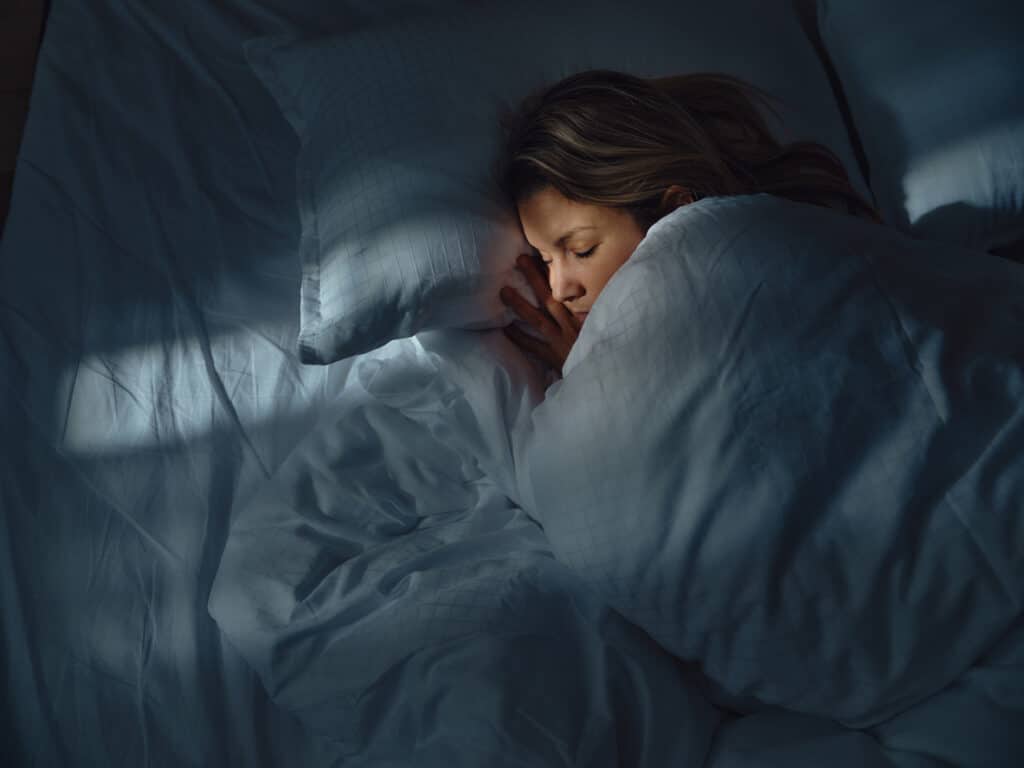Sleep is essential for good health and responsible for restoring many bodily functions, from cognitive processes to cardiovascular well-being. Recent research has revealed a correlation between sleep quality and hearing loss, providing yet another reason for the importance of obtaining enough rest. Here’s what to know from the studies.
Sleep Duration and Hearing Loss

A study published in November 2023 indicates a potential link between sleep duration and auditory acuity. Published in BMC Public Health, this study revealed that individuals consistently obtaining less than the recommended seven to nine hours of sleep per night experienced a higher incidence of hearing loss compared to those meeting the sleep guidelines.
Several factors may contribute to this correlation:
- Insufficient time for restoration: Sleep serves as a crucial period for the body to engage in restorative processes. Inadequate sleep duration may impede the body’s capacity to repair auditory cells and tissues, potentially leading to progressive damage over time.
- Cardiovascular implications: Poor sleep quality can compromise cardiovascular function, thereby diminishing blood flow to the inner ear. This reduction in blood flow may contribute to the damage of the delicate inner ear hair cells responsible for auditory function.
These findings reveal the importance of maintaining a consistent and healthy sleep schedule, not only for overall well-being but also for the preservation of hearing health.
Obstructive Sleep Apnea and Hearing
Another study establishes an association between Obstructive Sleep Apnea (OSA) and heightened susceptibility to hearing loss. Published in Frontiers in Public Health in May 2023, this study revealed that individuals affected by OSA faced an elevated risk of developing hearing loss compared to those unaffected by the condition.
OSA manifests when relaxed throat tissues obstruct airways during sleep, leading to intermittent interruptions in breathing. Consequently, diminished oxygen levels in the bloodstream contribute to the deterioration of inner ear hair cells, resulting in hearing loss. Additionally, waking during the night results in poor sleep, which also could impact hearing and overall well-being.
Research highlighting the correlation between sleep and hearing loss emphasizes the need for establishing a healthy sleep routine. Focusing on creating a conducive sleep environment, adhering to a consistent sleep schedule and seeing a doctor for chronic sleep issues are crucial steps in promoting optimal auditory and overall health.
To learn more about promoting healthy hearing or to schedule a hearing test, contact Today’s Hearing today.